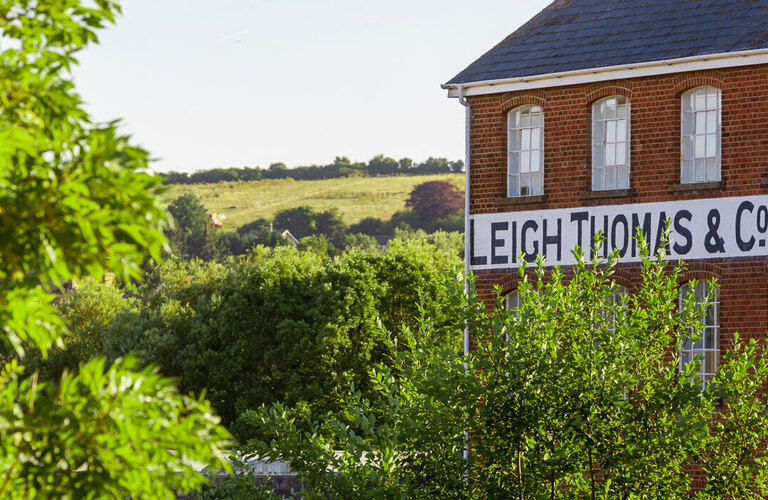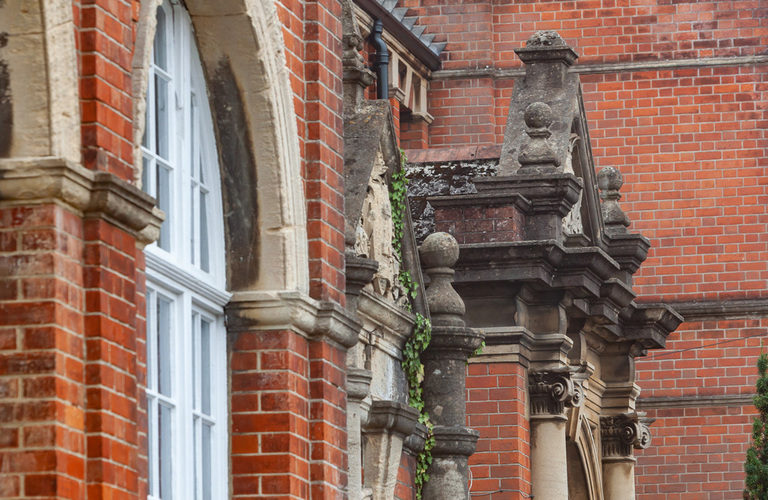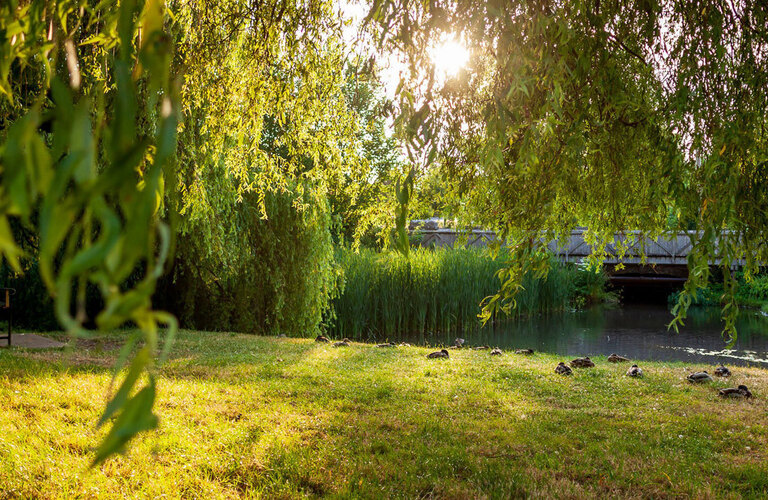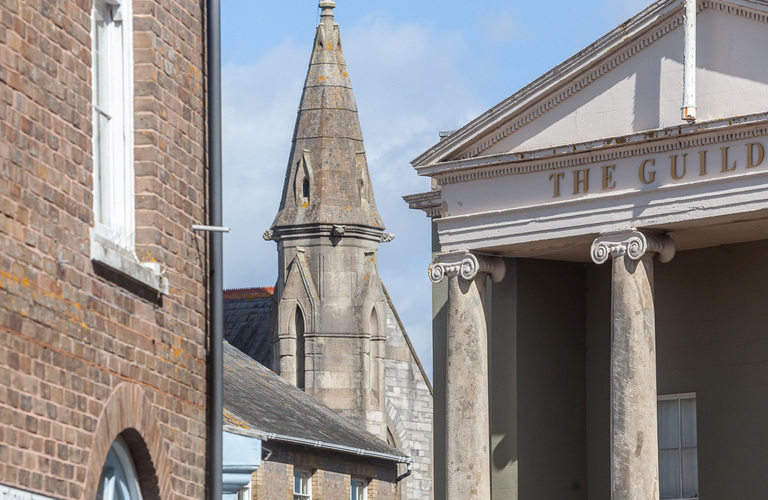This guidance applies to any council or executive meeting and committee meetings that are open to the public.
The Council allows any member of the public or press to report on all public meetings subject to limited exceptions outlined below. The term reporting includes the taking of photographs, filming, audio-recording, tweeting, blogging or generally reporting on proceedings.
Those wishing to undertake any reporting of meetings are asked to advise the Clerk in advance of the meeting of their intention to do so, as explained below, in order to allow necessary arrangement to be made if required.
The chair of the meeting shall advise members of the public and members that the meeting may be recorded if notice has been received that reporting is happening.
The purpose of this protocol is to provide guidance, particularly, for members of the press or public on reporting of any Parish Council meeting which is held in public.
Although there is a legal right to allow reporting of Council meetings the proceedings of that meeting must not be disrupted by the use of any equipment or the manner in which the reporting is undertaken. It is also important that reporting does not inhibit community involvement in the proceedings.
Any member of the public or of the media wishing to report a public meeting should ensure that:
1. Any photography or audio / visual recording must take place from a fixed position in the meeting room approved by the Chairman so as to minimise disruption to the proceedings
2. The use of flash photography, additional lighting, sound booms or other equipment that may, in the chairs opinion, be likely to be intrusive or in any way interfere with proceedings will only be allowed if agreed in advance with the Chairman.
3. If the Chairman feels that any photography, audio or visual recording is disrupting the meeting in any way then the operator of the equipment will be required to stop reporting.
4. If during the meeting a motion is passed to exclude the press and public, because confidential or exempt information is likely to be disclosed, then all rights to report the meeting cease and the operator of the equipment will be required to stop reporting and leave the meetings taking all reporting equipment with them.
5. They comply with any request made by the Chairman regarding respecting the public’s right to privacy.
6. People seated in the public gallery/seating area should not be photographed, filmed or recorded without the consent of the individuals concerned. This also applies to those individuals who may ask a public question, present a petition or make a representation at a Council meeting open to the public and who are not seated in a “public seating area”.
7. Photographs, audio, and visual recordings should not be edited in a way that could lead to misinterpretation of the proceedings. This includes refraining from editing the views being recorded in a way that may ridicule or show lack of respect.
Notices advising the public that the public meeting may be reported on will be displayed in or directly outside the relevant meeting room and this will be noted on the agenda. The Chairman will also make an announcement that the meeting may be photographed, recorded or filmed.
If as a member of the public you do not wish to be photographed, filmed or recorded please inform the Clerk in advance of the meeting. If you are concerned for your personal safety it may be possible to make alternative seating arrangements.
Members of the public wishing to report on a public meeting should wherever possible contact the Clerk for the meeting concerned (Contact details available on the Agenda for the meeting and on the Parish Council’s Website or by emailing clerk@newportwight.org.uk at least two working days before the meeting.
The request should include the following information:
1. Which meeting this request refers to;
2. The name, organisation (if applicable) and contact details of the person making the request;
3. What equipment it is intended will be used (e.g. camera/audio recorder/video camera, tri-pod etc..);
4. What the photographs, or audio / visual recording will be used for and / or where the information is to be published.
All reporting equipment must be set up before the meeting starts to avoid disrupting the meeting.
If the Chairman feels the photography/ audio / visual recording is disrupting the proceedings the operator of the equipment will be required to stop reporting.
If the person continues reporting after having being requested to desist then the Chairman will ask the person to leave the meeting. If the person refuses to leave then the Chair may adjourn the meeting or make other appropriate arrangements for the meeting to continue without disruption.
Anyone asked to leave a meeting because they have refused to comply with the Chairman’s requests may be refused permission to report at future Council meetings that are open to the public.
If during the meeting a motion is passed to exclude the press and public, because confidential or exempt information is likely to be disclosed, then all rights to record the meeting are removed. All equipment shall be removed from the meeting room when members of the public and press are excluded.
If a meeting for which agreement is given to report is adjourned by the Chairman then any reporting should stop at the point at which the meeting is adjourned.
There are no restrictions placed on anyone at the meeting using Twitter, blogs, Facebook or similar “social media” provided that the Chairman does not consider their actions are disrupting the proceedings of the meeting.
If the Chairman feels the use of social media is at the time disrupting the proceedings the Councillor, member of the public or media representative may be required to stop.
If use continues the Chair will ask the person to leave the meeting. If the person refuses to leave then the Chair may adjourn the meeting or make other appropriate arrangements for the meeting to continue without disruption.
Essentially, this could be any action or activity which disrupts the proper conduct of meetings. Examples could include:
- moving to areas outside the areas designated for the public or press without the consent of the Chairman,
- excessive noise in recording or setting up or re-siting equipment during the debate/discussion,
- intrusive lighting and use of flash photography; and
- Asking for people to repeat statements for the purposes of recording.
There is no legal prohibition, however, under this guidance and council standing orders the committee may require any such recording to stop if at any stage the meeting became a private meeting and so someone is required to be present to stop the equipment. In addition the Council will not be responsible for the security of any equipment left unattended.
The law of the land applies including the law of defamation and the law on public order offences. Freedom of speech within the law should be exercised with personal and social responsibility, showing respect and tolerance towards the views of others.
Any person can provide written commentary during a meeting, as well as oral commentary outside or after the meeting. The new rules do not permit oral commentary during a meeting as this would be disruptive to the good order of the meeting.
- The Chairman will state at the start of the meeting (before public question time) that an audio recording is being made, which will be made available on request and within 6 months from that day.
- The Minutes will show that audio recording of the meeting is available on request within 6 months from the date of the meeting.
- The recording will be kept for 6 months. If no requests for a copy of the recording have been made, then the recording is deleted.
- If a request for a copy HAS been made, then the original will be kept for three years, or until such time then parish council is dissolved, whichever comes first.
- The recorder will not be used for any part of the meeting deemed ‘ confidential’ where the public are excluded.










